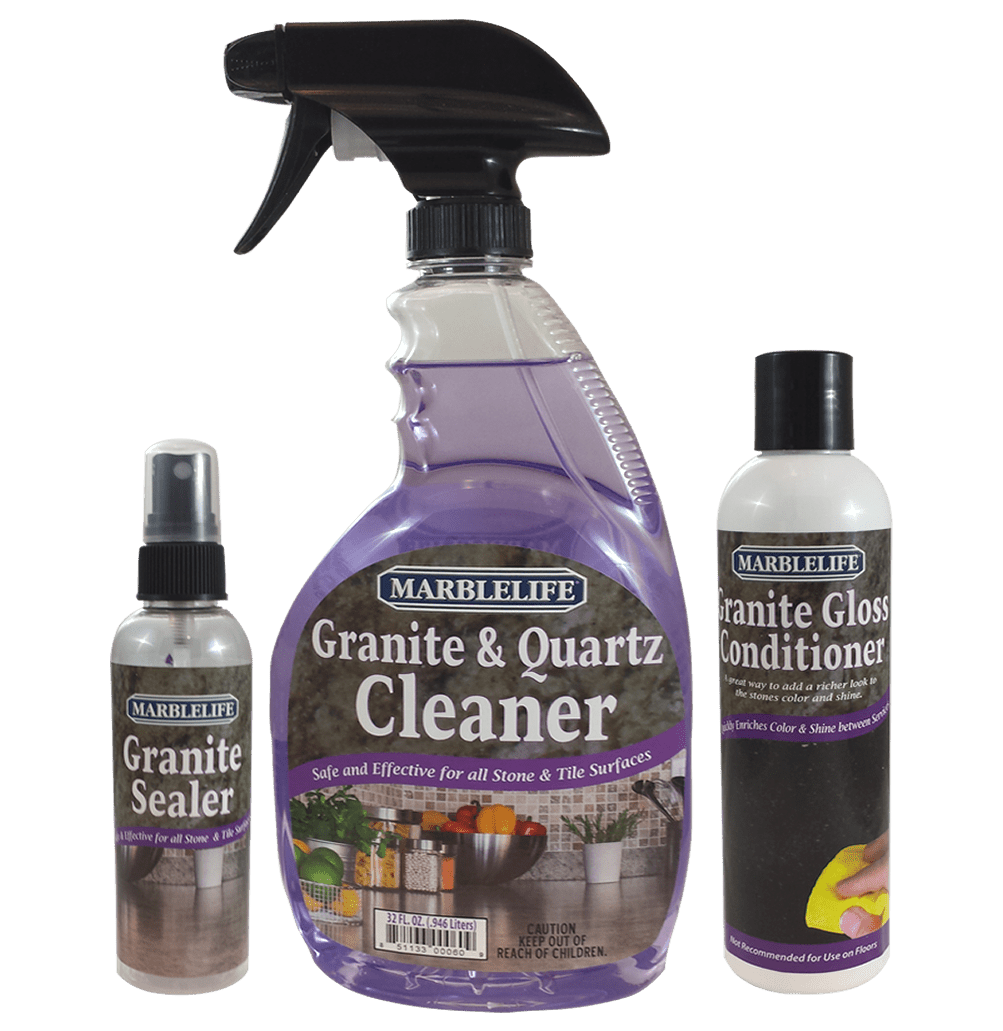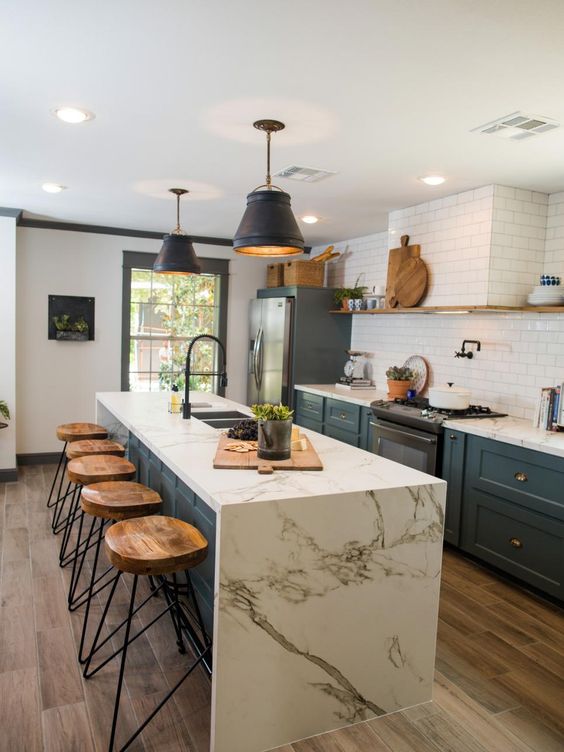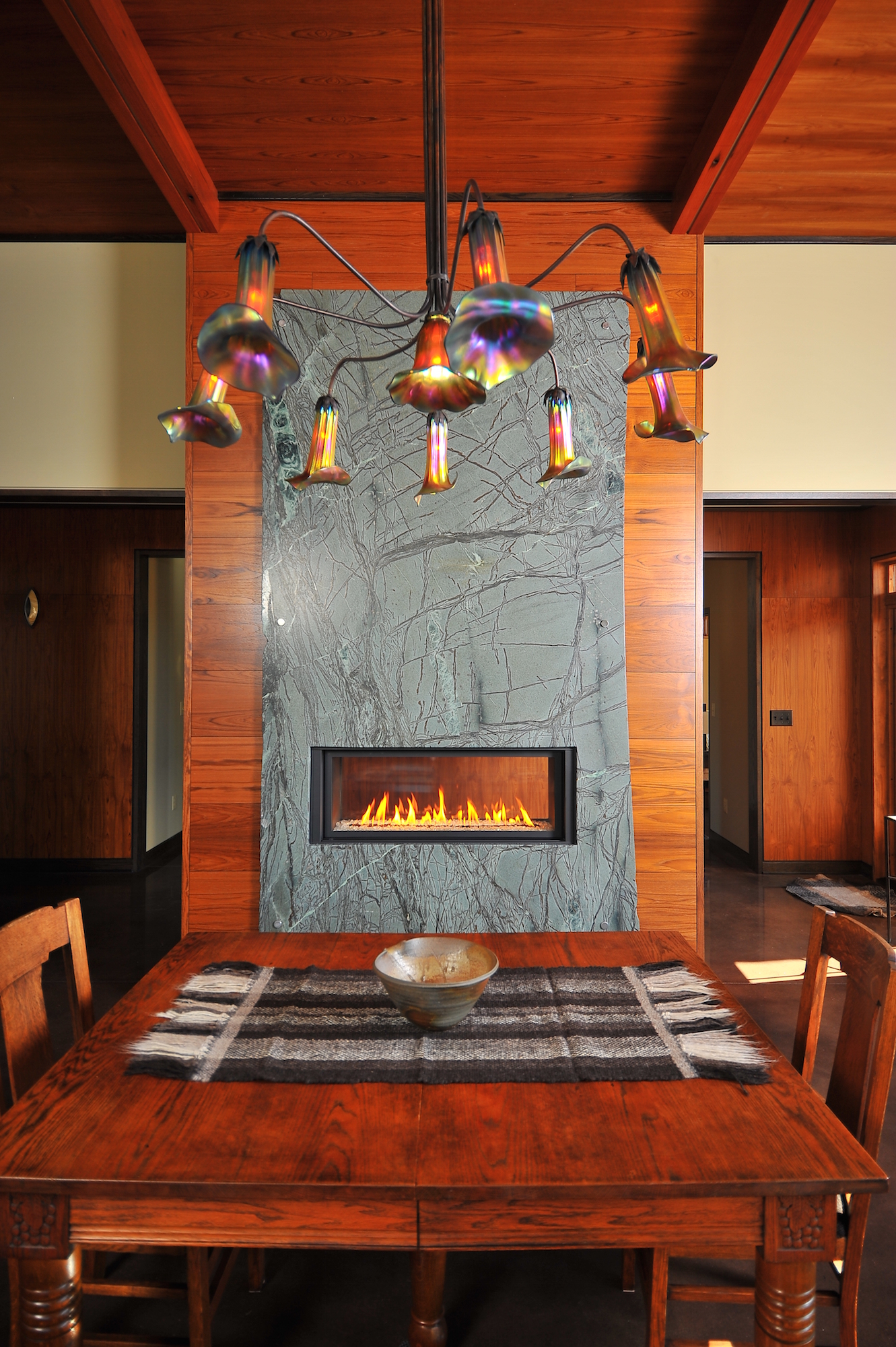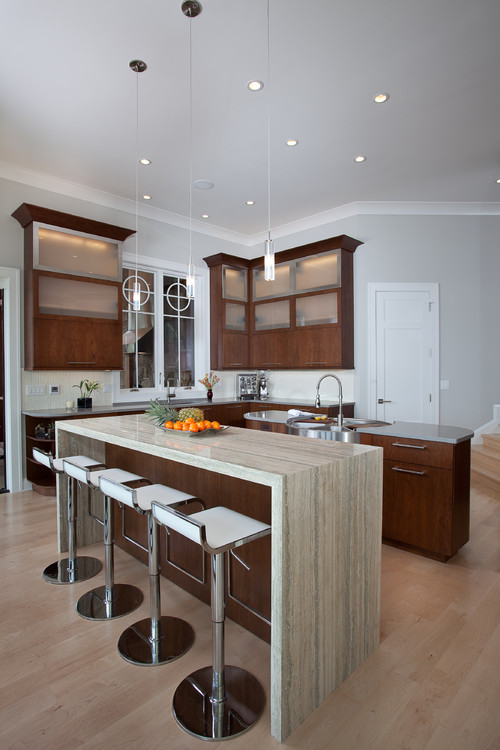How To Clean Granite Countertops Properly
Granite countertops are a popular choice for homeowners due to their durability, beauty, and elegance. However, maintaining their pristine condition requires proper cleaning and care. This guide will provide you with detailed steps on how to clean granite countertops effectively, ensuring they remain a stunning focal point in your kitchen or bathroom for years to come.
Understanding Granite Countertops
The Nature of Granite
Granite is a natural stone, formed from cooled molten rock. It is known for its hardness and resistance to heat, making it an excellent material for countertops. The stone comes in a variety of colors and patterns, making each granite countertop unique. However, being a natural stone, it has a porous surface, which means it can absorb liquids and stains if not properly sealed and maintained.
The Importance of Sealing
Sealing granite countertops is crucial because it helps protect the porous surface from absorbing spills and stains. A good sealant creates a barrier that repels liquids and reduces the risk of bacteria build-up. Typically, granite countertops should be resealed once a year, but this can vary depending on the usage and the quality of the sealant used.
Potential Issues with Granite
Despite its durability, granite can be susceptible to certain issues if not properly cared for. These include staining from acidic substances, scratching from abrasive cleaners, and dulling of the surface from improper cleaning methods. Understanding these vulnerabilities is the first step in ensuring your granite countertops remain in excellent condition.
Environmental Factors
Environmental factors such as sunlight, humidity, and temperature changes can also affect granite countertops. Prolonged exposure to direct sunlight can fade certain colors of granite, while high humidity can lead to moisture issues. It’s important to consider these factors when placing and maintaining your countertops to ensure they remain in the best possible shape.

Daily Cleaning Routine
Choosing the Right Cleaner
When it comes to daily cleaning, it’s essential to use the right type of cleaner. Avoid harsh chemicals and opt for a mild dish soap mixed with warm water. This gentle solution effectively removes dirt and grime without damaging the sealant or the granite surface. For convenience, you can keep this mixture in a spray bottle.
Wiping Down the Surface
Use a soft microfiber cloth to wipe down the countertops. Microfiber is ideal because it is gentle on the surface and effectively picks up dust and debris. Make sure to wring out the cloth well so it is damp, not soaking wet, to avoid leaving excess moisture on the countertop.
Dealing with Spills Promptly
Spills should be addressed immediately to prevent staining. For liquid spills, blot the area with a clean cloth rather than wiping, which can spread the spill further. For sticky substances, use a soft cloth dampened with warm water and a bit of dish soap to gently scrub the area.
Drying the Surface
After cleaning, it’s important to dry the granite surface thoroughly. Use a separate dry microfiber cloth to buff the countertop until it is completely dry. This step helps to prevent water spots and streaks, keeping your granite looking polished and pristine.

Deep Cleaning Techniques
Using a Granite Cleaner
For a deeper clean, use a specially formulated granite cleaner. These cleaners are designed to break down tough grime and stains without harming the granite or its sealant. Follow the manufacturer’s instructions for the best results, typically involving spraying the cleaner on the surface and wiping it off with a soft cloth.
Removing Stains
For stubborn stains, create a poultice using baking soda and water (for oil-based stains) or baking soda and hydrogen peroxide (for water-based stains). Apply the poultice to the stained area, cover it with plastic wrap, and let it sit for 24 hours. Afterward, gently scrape off the dried poultice and rinse the area with water.
Polishing the Granite
Polishing your granite countertops can restore their shine and enhance their natural beauty. Use a granite polish spray and apply it with a soft cloth in a circular motion. Make sure to choose a product that is specifically designed for granite to avoid damaging the surface.
Maintaining the Sealant
Periodically check the sealant on your granite countertops. A simple way to test if your countertops need resealing is to sprinkle a few drops of water on the surface. If the water beads up, the sealant is still effective. If it absorbs into the granite, it’s time to reseal. Follow the manufacturer’s instructions for applying a new sealant, ensuring a clean and dry surface before starting.

Preventative Measures and Long-Term Care
Using Cutting Boards and Trivets
Always use cutting boards when preparing food to prevent scratching the granite surface. Although granite is hard, using knives directly on the countertop can dull your knives and potentially damage the sealant. Similarly, use trivets or hot pads under hot pots and pans to prevent thermal shock, which can cause cracks.
Avoiding Harsh Chemicals
Steer clear of using harsh chemicals such as bleach, ammonia, or vinegar on your granite countertops. These substances can weaken the sealant and dull the finish over time. Stick to pH-neutral cleaners and those specifically designed for granite to ensure the longevity of your countertops.
Regular Maintenance
In addition to daily and deep cleaning, perform regular maintenance checks. Look for any signs of damage or wear, such as chips, cracks, or dull spots. Addressing these issues promptly can prevent them from worsening and extend the lifespan of your granite countertops.
Educating Family Members
Make sure everyone in your household knows the proper way to care for granite countertops. Educating family members on the importance of using cutting boards, cleaning up spills immediately, and avoiding harsh chemicals will help maintain the beauty and durability of your granite surfaces.

Common Mistakes to Avoid
Using Abrasive Cleaners and Tools: Avoid using abrasive sponges, steel wool, or harsh scrubbing pads on granite countertops. These can scratch the surface and damage the sealant. Stick to soft microfiber cloths and non-abrasive cleaners.
Ignoring Spills: Allowing spills to sit for extended periods can lead to staining. Always clean up spills promptly, especially those from acidic substances like wine, coffee, and citrus juices.
Skipping Regular Sealing: Not resealing your granite countertops regularly can leave them vulnerable to stains and bacteria. Perform a water test periodically to check the effectiveness of the sealant and reseal as needed.
Using Generic Household Cleaners: Many household cleaners contain acids, ammonia, or bleach, which can harm granite. Always use products specifically formulated for granite to ensure safe and effective cleaning.

How often should I clean my granite countertops?
Daily cleaning with a mild dish soap and water solution is recommended to keep your granite countertops free from dirt and grime. For a deeper clean, use a granite-specific cleaner once a week.
Can I use vinegar to clean my granite countertops?
No, vinegar is acidic and can damage the sealant on granite countertops, leading to dullness and potential staining. Always use pH-neutral cleaners designed for granite.
How do I remove water stains from my granite countertops?
To remove water stains, use a mixture of baking soda and water to create a paste. Apply the paste to the stain, let it sit for a few minutes, then gently scrub with a soft cloth and rinse with water.
Is it necessary to polish granite countertops?
Polishing granite countertops is not strictly necessary but can enhance their shine and appearance. Using a granite polish once a month can help maintain their luster.
What should I do if my granite countertop gets chipped?
For small chips, you can use a granite repair kit that includes epoxy or resin fillers. For larger or more serious damage, it’s best to contact a professional for repair to ensure the best results.

Cleaning Granite Countertops DIY

Waterfall Kitchen Countertops

Lemurian Blue Labradorite Slab Blue granite countertops, Blue granite, Granite

Related articles:
- Granite Countertop Design Ideas
- Granite Countertops For Small Kitchens
- Granite Countertop Repair
- Granite Countertops For Outdoor Kitchens
- Granite Countertop Care Guide
- Granite Countertop Paint DIY
- Granite Countertop With Backsplash Ideas
- Granite Countertop Color Selection
- DIY Granite Countertop Installation
- Black Granite Countertops Utah